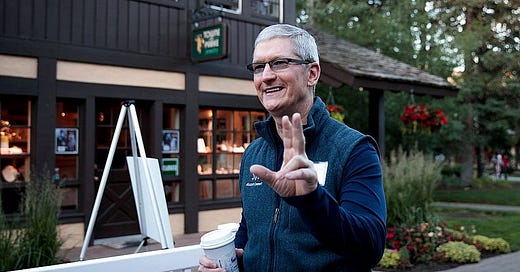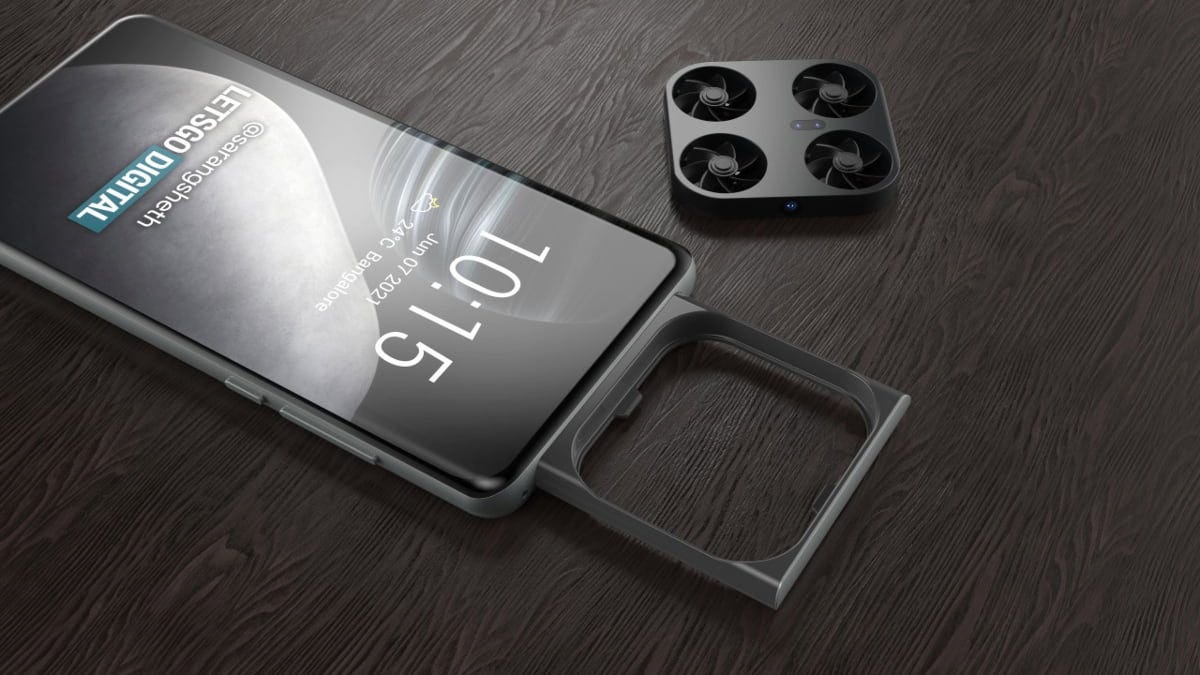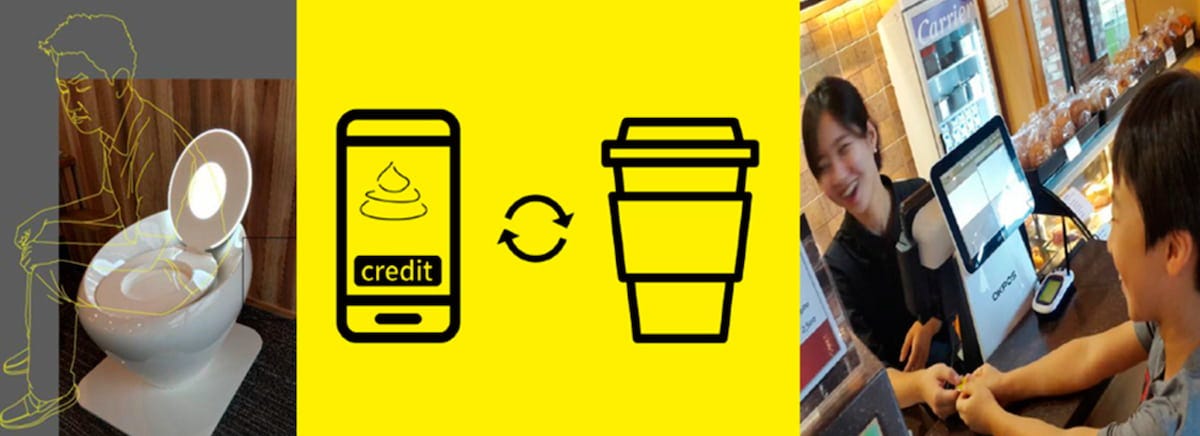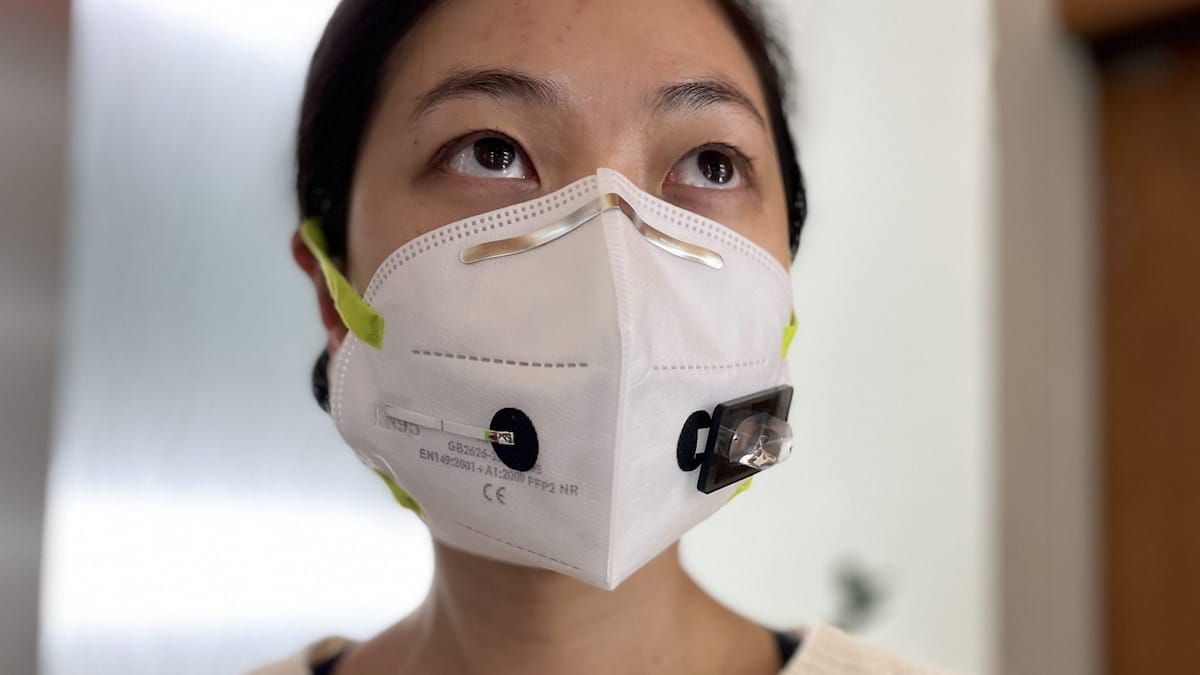New remote work policies prove Silicon Valley companies are run by visionless cowards
Plus: Phone drones, crypto crappers, ironic facemask tech, tech fail toys and more!
Yesterday's Silicon Valley just saved the world. Too bad today's Silicon Valley doesn't have the courage to eat its own dog food or the vision to embrace its own solutions.
Let me explain by way of a thought experiment.
Imagine if the covid pandemic hit 30 years earlier. The remote work solution to a total business shutdown would have been impossible. There was no web in 1990. Most people had never even heard of email, let alone Slack or Zoom. There were no smartphones or tablets. Only 15% of American homes had any kind of personal computer at all.
It took many years to develop a vaccine in 1990 — the mRNA technology was in its infancy and decades away from being ready for an actual vaccine.
There could have been no widespread connected remote work, and the quarantine without work would have lasted many years. A 1990 covid pandemic would have been attended by famine, economic depression, mass death and societal failure.
But we got lucky. Thanks to the general advance of technology and the specific innovations of Silicon Valley companies like Apple, Google, Oracle, Intel, Cisco, Broadcom and many others, our 2020 covid pandemic offered the partial escape hatch of remote work at scale. Millions of American workers kept the white collar part of the economy humming by using Silicon Valley's products of cloud services and applications, internet connectivity and resources, software, WiFi, mobile devices, video meetings and myriad other communication options and much more.
Technology breeds culture. Once these workers got a taste of remote work, most found it preferable to commuting to a sick building or office park, and are reluctant to return now that vaccines make it safe.
Now every organization that embraced pandemic-driven remote work for employees now faces the demand for a new, post-pandemic remote work policy. The options are: 1) bring everyone back; 2) keep everyone remote; or 2) some hybrid work policy of part-time remote.
So where is Silicon Valley landing on their own remote work policies?
Apple, Google and Amazon are all requiring most employees to return to work three days a week, but they can work from home two days a week. Other tech companies are also offering mostly hybrid solutions.
Very rare in Silicon Valley: Blanket approval for remote work for anyone who wants it.
This is a disappointing, but revealing, surprise, and I’ll tell you why in the full column.
Mike’s List of Brilliantly Bad Ideas
1. A phone with a drone of its own
Vivo filed a patent for a smartphone with a tiny drone that pops out of the top, then flies around and takes your selfies, according to a LetsGoDigital exclusive. Yanko’s Sarang Sheth made these photo and video mockups. This is the dumbest idea ever, and I would pay anything for it.
2. Cryptocurrency generating toilets
A Korean professor named Cho Jae-weon invented a toilet that generates power from human waste. The BeeVi toilet uses a vacuum pump to send waste to an underground tank where microbes convert it to methane, which is then used as a source of energy for whatever building houses the bathroom. Cho also created a virtual currency called Ggool, (and not “Shitcoin,” for some reason) so that users get paid for using the bathroom, which they can then use to buy food, thus creating a self-supporting loop. Call it “craptocurrency.”
3. Covid-detecting face masks
Covid may be our last global pandemic, thanks to technology. Specifically, we all went into lockdown because of ignorance — we didn't know who was infected and who was not infected, so the 99% who were not infected had to pretend that they were, because we didn't know. In the future, wearable sensors will tell us who's sick and who isn't, so only the sick will have to be quarantined. To wit: Eggheads at the Wyss Institute for Biologically Inspired Engineering at Harvard University and the Massachusetts Institute of Technology invented synthetic biology reactions that can be embedded into fabrics, theoretically turning clothing and other items into covid detectors. Sadly, their wFDCF face mask (pictured) is a Catch-22. If you're not infected, you don't need to wear a mask. But if you don't wear the mask, you won't know if you're infected.
4. Toys based on failed Silicon Valley startups
The internet collective MSCHF unveiled today five toys called the Dead Startup Toys collection. The miniature toys include the Juicero juicer, the One Laptop Per Child laptop project, the Theranos miniLab, the Jibo robot and the Coolest Cooler. The catalog for each $40 toy highlights why they failed and how many millions of dollars they wasted in the process. Collect 'em all! Trade 'em with your friends!
Mike’s List of Shameless Self Promotion
Here’s what I’ve been up to lately:
5G and big data: seven tips for success
Cyber gangs: Who are they and what do they want?
Seven ways to succeed with 5G and Big Data
Cybersecurity tips for travelers in the post-pandemic world
The worst cloud security predictions might not come true
CURRENT LOCATION: Silicon Valley, California










